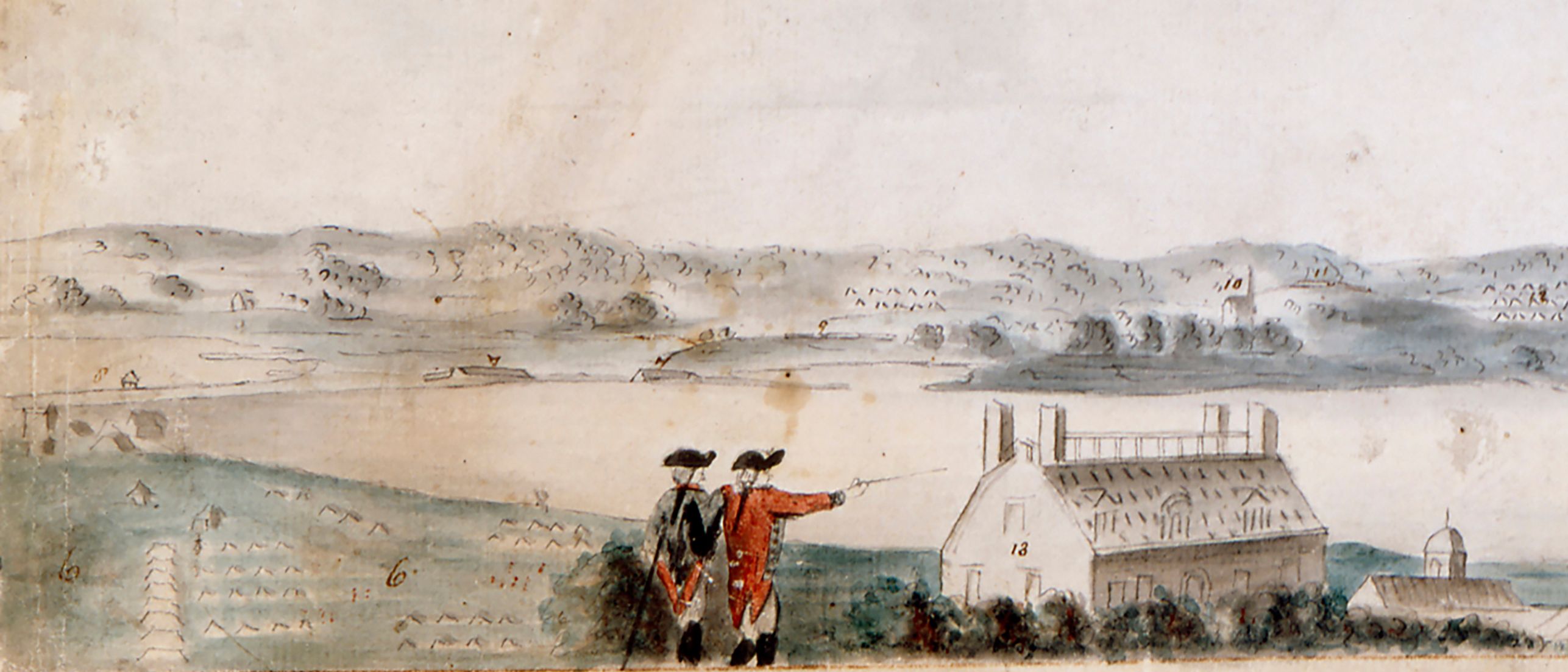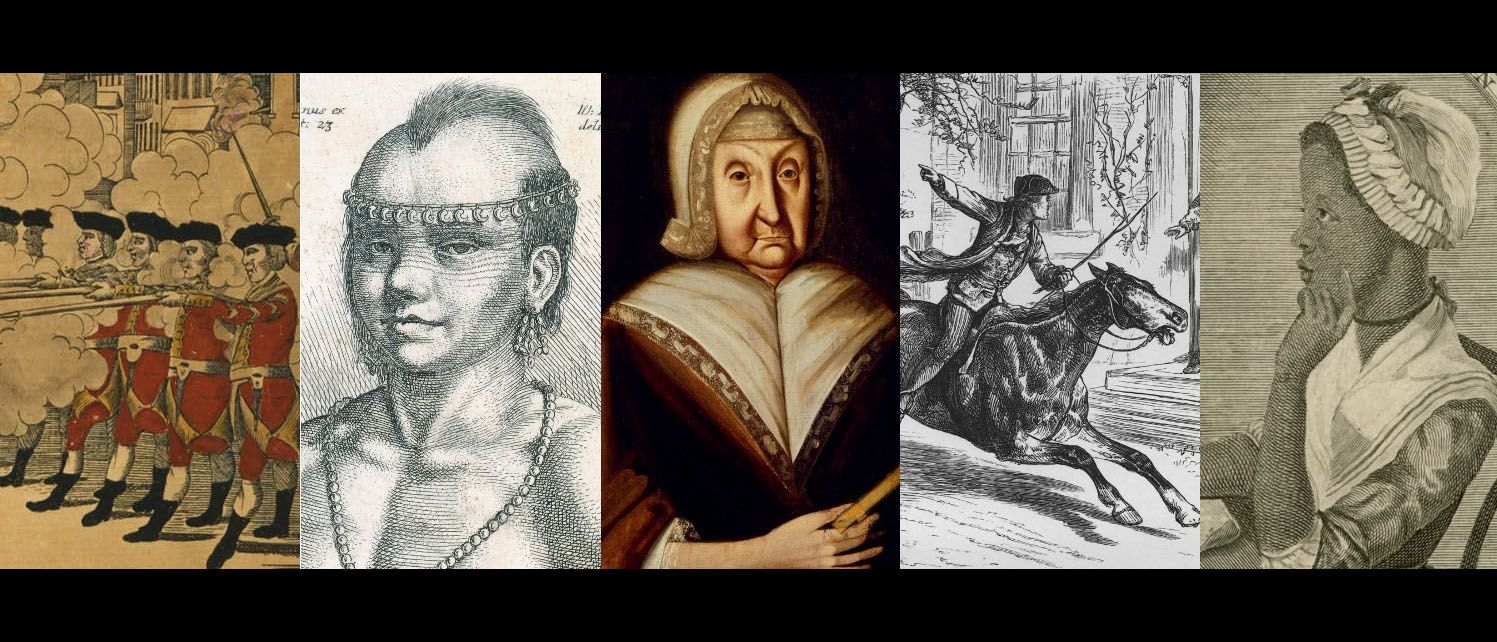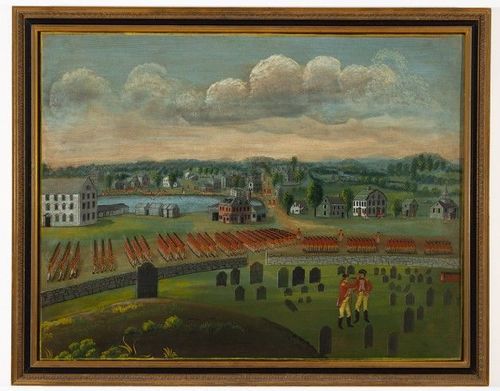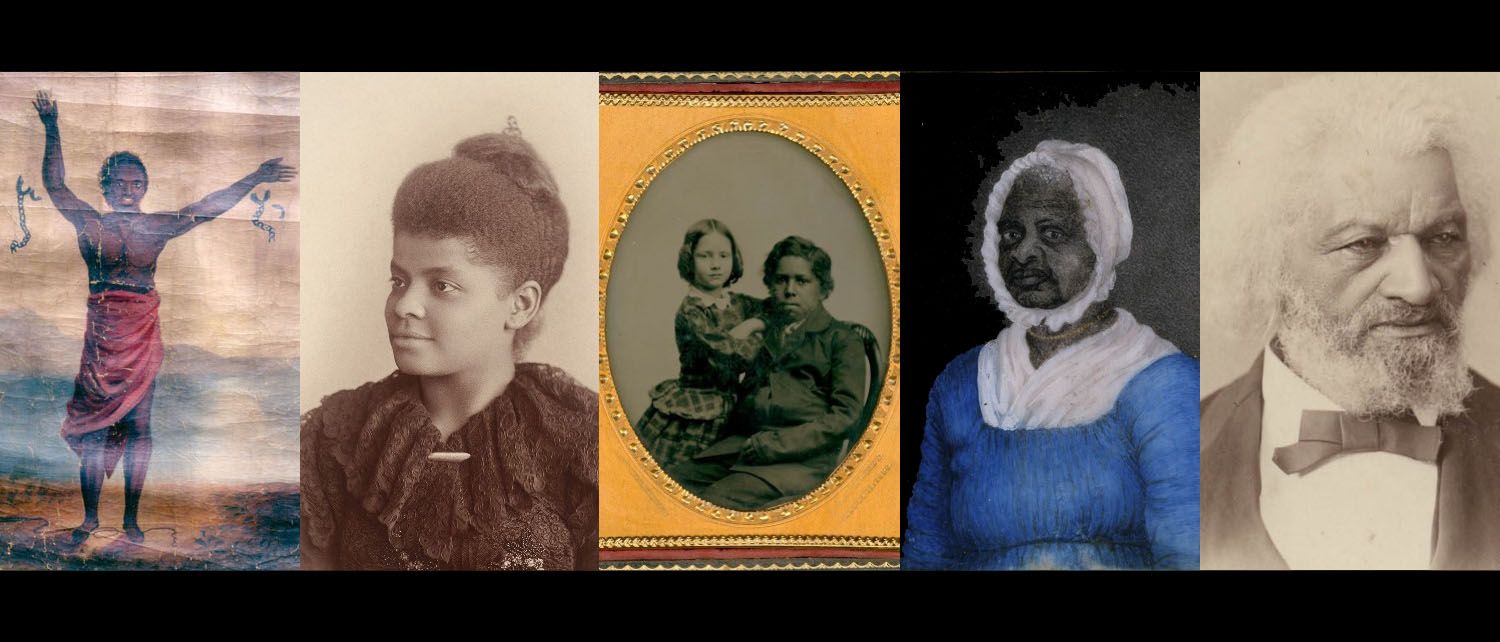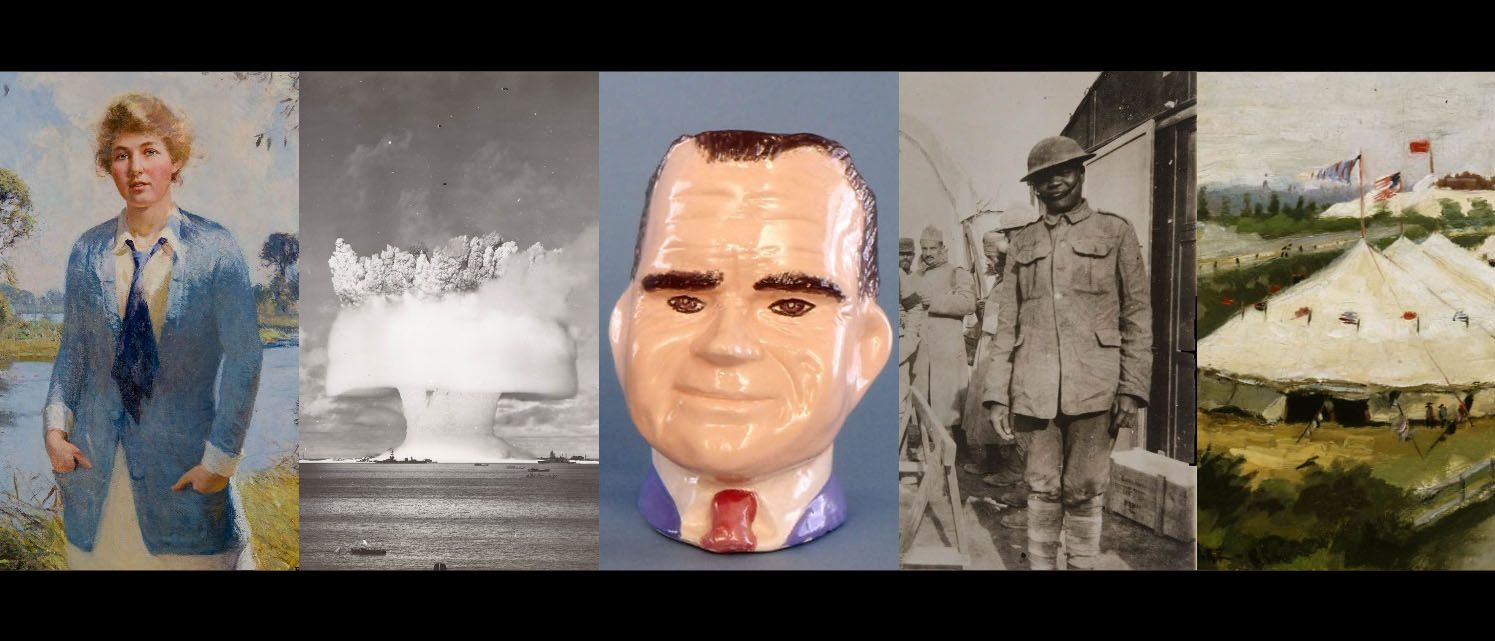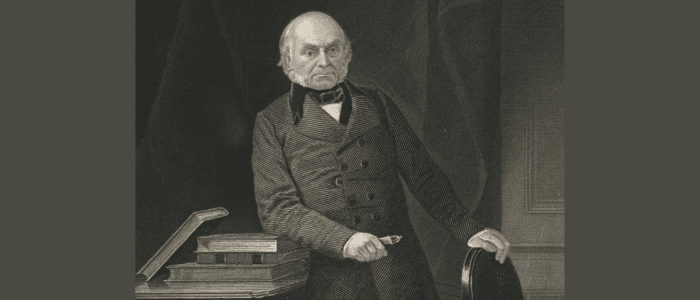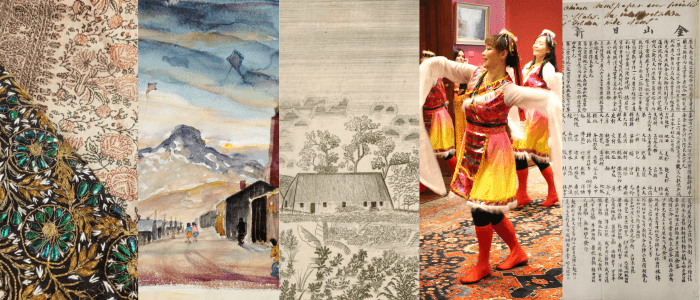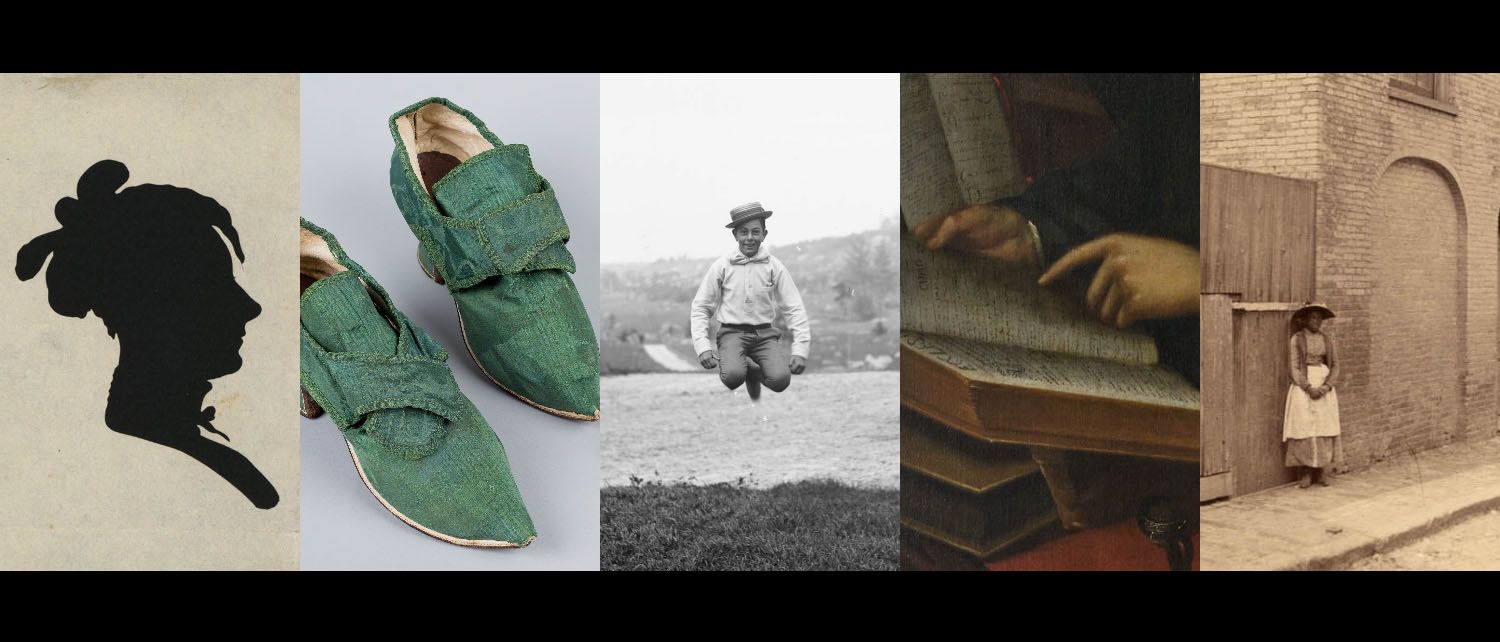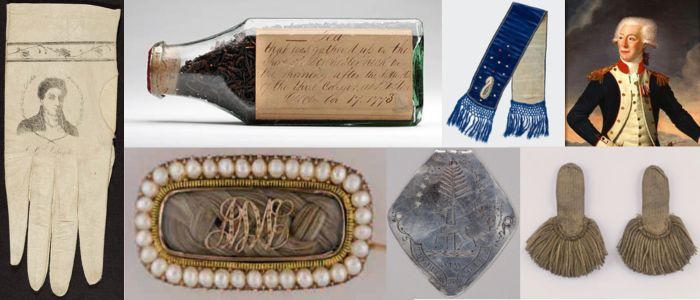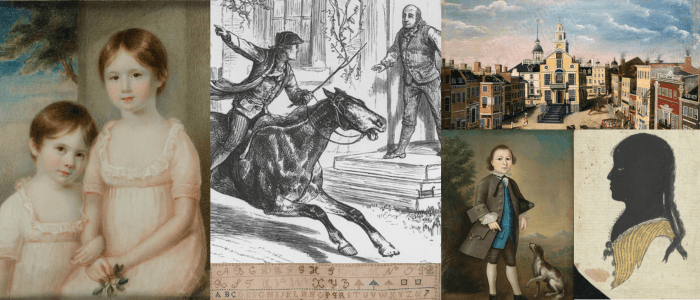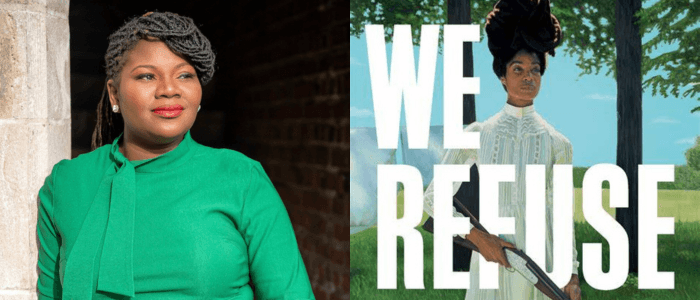Event
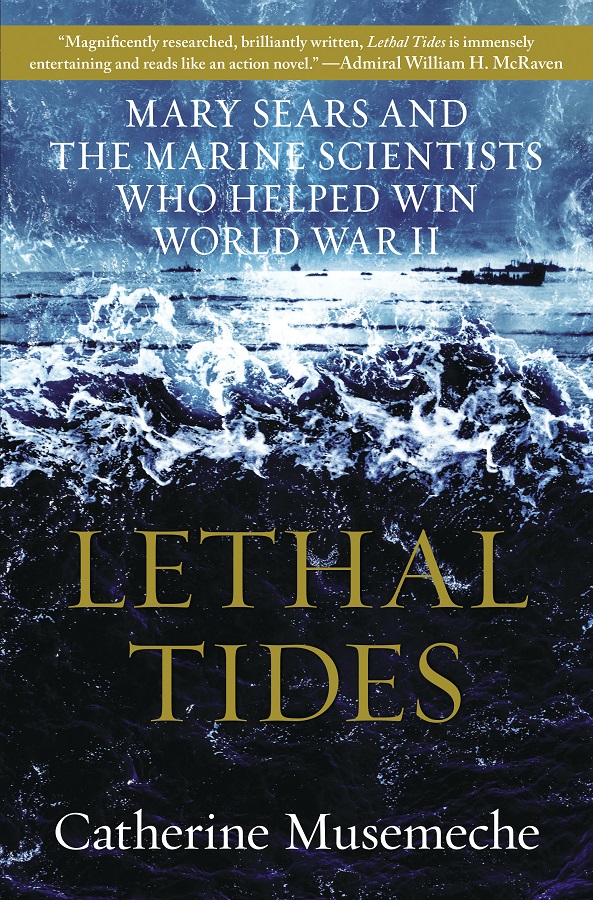
Lethal Tides: Mary Sears & the Marine Scientists Who Helped Win World War II
Catherine Musemeche
This is a hybrid event. FREE for MHS Members. $10 per person fee (in person). No charge for virtual attendees or Card to Culture participants (EBT, WIC, and ConnectorCare). The in-person reception starts at 5:30 and the program will begin at 6:00.
When World War II began, the U.S. Navy was unprepared to enact its island-hopping strategy to reach Japan. Mary Sears, a marine biologist, was the expert they turned to, and she along with a team of quirky marine scientists were instrumental in turning the tide of the war in the United States’ favor. The Sears team analyzed ocean currents, made wave and tide predictions, identified zones of bioluminescence, mapped deep-water levels where submarines could hide and gathered information about the topography and surf conditions surrounding the Pacific islands and Japan. Sears was frequently called upon to make middle-of-the-night calculations for last-minute top-secret landing destinations and predicted optimal landing times and locations for amphibious invasions. In supplying these crucial details, Sears and her team played a major role in averting catastrophes that plagued earlier amphibious landings, like the disastrous Tarawa, and cleared a path to Okinawa, the last major battle of World War II.
Hybrid Event
The in-person reception starts at 5:30 and the program will begin at 6:00.
Masks are optional for this event.
The virtual program begins at 6:00 PM and will be hosted on the video conference platform, Zoom. Registrants will receive a confirmation message with attendance information.
